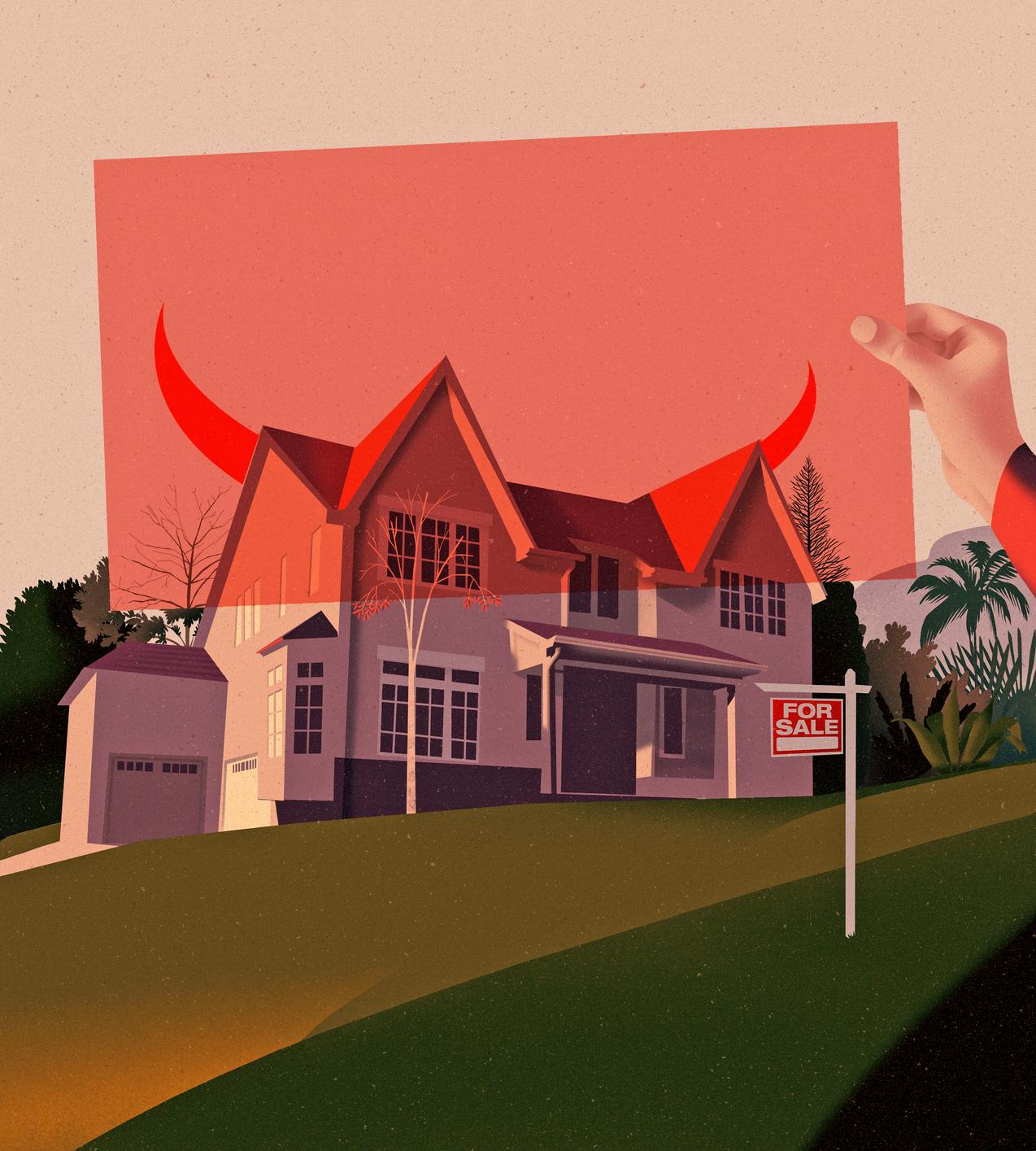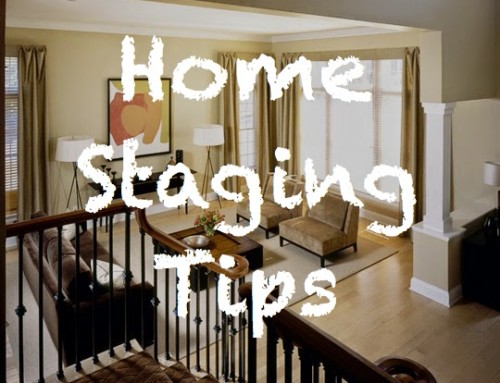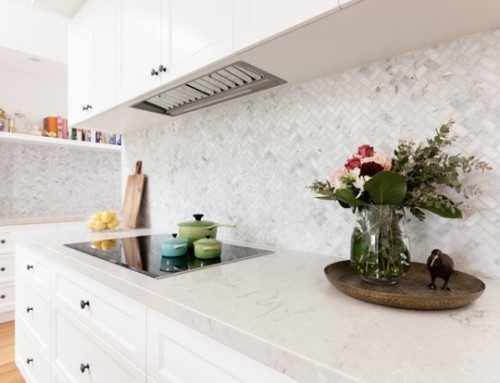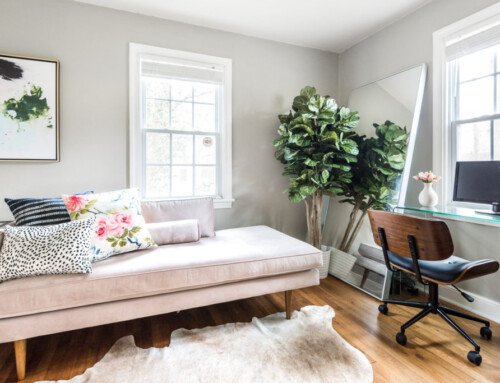For the most part, a well-staged home will increase the value of your home and result in a fast sale. However, sometimes, no matter how impeccable the staging is, your home can be difficult to sell.
If your property has been on the market for weeks with barely a nibble from an interested buyer, it will become increasingly more difficult to move. There might be something seriously wrong, and no amount of staging will ever fix it.
When it comes to real estate, it is a significant investment for most buyers. Few buyers are willing to put money into a property that has any major flaws. Before you put your home on the market – or if your home hasn’t sold like you expected it to – make another pass around the property, look for the following deal-breaking problems.
1. Cracks
Cracks in the walls or floors are deal-breakers. There is a pervasive misunderstanding that cracks in walls and floors mean foundation problems, no matter how small it is, which can mean significant repair costs for the buyers. This can seriously derail your sale.
If there are cracks found on your property, invest in an inspection to tell you why. More likely than not, many cracks are harmless – in which case, a simple patch-up will fix them. However, if there are foundation troubles, you may need to relist your home at a lower price or fix the foundation before you sell.
2. Water
Water damage is a homeowner’s worst nightmare. Sneakier than fire and just as destructive, water can seep into every nook and cranny of a home and perform irreparable harm before anyone notices. All it takes is one dripping pipe, a tiny leak in the roof or even a weak seal around a window or door, and your home could be scarred by water damage.
If you have endured water damage in the past, you should now take time to fix the damage. Replace drywall, repaint and perform other repairs to fix the damage. This is also something that you must disclose during the sale. Consult with a real estate agent on how to best handle this disclosure.
3. Mold
Mold grows in damp environments – spaces in your home that experience high humidity with poor ventilation, like kitchens and bathrooms, or places where drips and leaks are allowed to persist. Mold is unbelievably destructive, digging deep roots into drywall and wood, and eating away organic materials to cause structural weaknesses. Worse, many types of mold are toxic to humans and pets, causing respiratory and even neurological problems in those exposed.
You can be certain that if a potential buyer sees any kind of fuzzy patch in any corner of your home, that sale is dead as a door nail. A fungal growth in your bathroom doesn’t always mean mold; you should learn to distinguish mold vs. mildew and take appropriate steps to purify the area.
4. Pests
Nothing sends buyers away quicker than pests. Pests come in all shapes and sizes, from teeny bed bugs and termites to enormous owls and raccoons. No matter the size, the presence of a pest (or more) can simply turn buyers away.
The only solution for this problem is eradication of infested pests. If you have larger critters calling your house home, you can contact animal control to capture and relocate them to safer environments. However, when it comes to insects or small rodents, extermination is the most effective and affordable solution.
5. Neighbors
Some people want to move into a neighborhood full of friendly, welcoming people who will throw block parties, share baked goods, celebrate holidays and participate in similarly quaint, sociable events. Then again, some people want to move into a neighborhood where they are certain they will never meet the people next door.
You can’t control who your neighbors are or how they behave, but you can ask them to be considerate of potential buyers. Your neighbors should want your home price to be as high as possible – to inflate the value of their own property – so upon hearing that you are selling, they should strive to be on their best behavior. If not, find creative ways to resolve any issues you and your neighbor may have. Think about the bigger picture and what it means for you to sell your home to motivate yourself to communicate with your neighbors for a successful sale.





